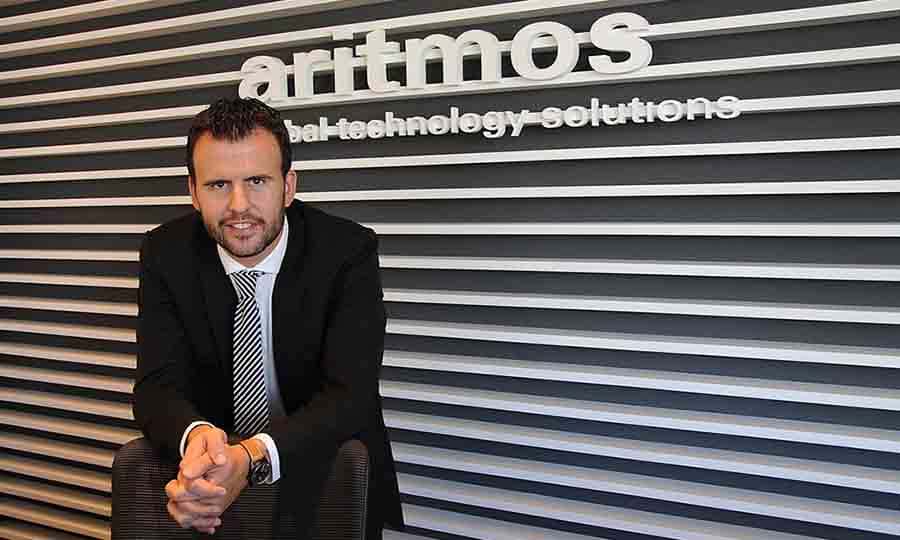
For a country with a significant primary/productive sector, with a large number of industries associated to it, developing the exterior market, either by exporting products or by internationalising companies, is a fundamental strategy these days. Not only does the need to export surplus stocks encourage organisations to go out into the world, but also the need to grow in a sustainable way and to develop in new markets with products with sufficient demand.
The food and agriculture sector, not oblivious to the international need for expansion of its companies, is working on this; nevertheless, merely exporting or internationalising a company (very different concepts) require investments to achieve these objectives successfully. In addition, from a more technical point of view, in both processes there are also legal, logistical, administrative and technological aspects that must be very carefully considered.
From the more technological point of view, organisations require tools that enable them to simplify the complex work involved in the process of exporting products or internationalising the company. To help with this, Aritmos recommends having management systems that take this panoramic vision and the particular features of cross-border businesses into account. Which legal-taxation context applies to each country? How can we handle the different taxes? What documents need to be supplied? What kind of currency management must there be in the destination countries? How is the exchange made? As entrepreneurs take on new markets, so they have hundreds of questions.
To make these activities and their particular aspects easier to deal with, Aritmos provides many food and agriculture companies with the management technology that provides them with the necessary solutions to these problems To do so, it develops and introduces technical platforms that consider parameters such as multiple languages, multicurrency transactions and multiple legal frameworks (with their relevant updates) with the aim of encouraging the international strategies of companies in the food and agriculture sector. To this end, anything that makes this arduous work easier is welcome. Most Spanish agricultural exportations tend to circulate in European markets (EU), meaning that the use of the euro has partly facilitated this.
However, many companies that have started their exporting phase come up against the need to introduce part of their activity in a foreign country (logistical aspects, for example). These companies may also start collaborations with other organisations as leverage to introduce themselves into new markets and to grow. For all this, technology has developed systems to streamline the work: business management solutions, such as Sage X3, enable international development to be dealt with through modules that consider companies with multiple offices or aspects of multilocation logistics, multilocation when manufacturing-transforming, etc. To this end, the scalability of the solutions is a key feature in not hindering one’s aspirations.
In any case, the tools for managing businesses under expansion which have people and goods that constantly travel miles, must guarantee fundamental aspects such as remote data access, from any device at any time, the ability to consult stock, introduce orders, approve or reject purchases and/or sales, analyse and make decisions concerning the circulation of the food and agriculture product, etc. This can all be done connected to the corporate database so that the business information is permanently updated.
Andreu Salvadó, CEO en Aritmos.
